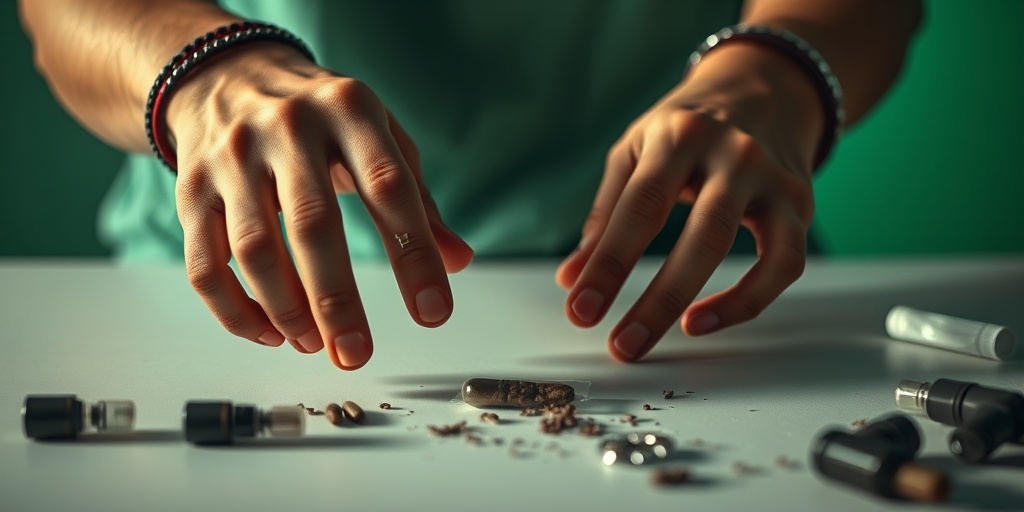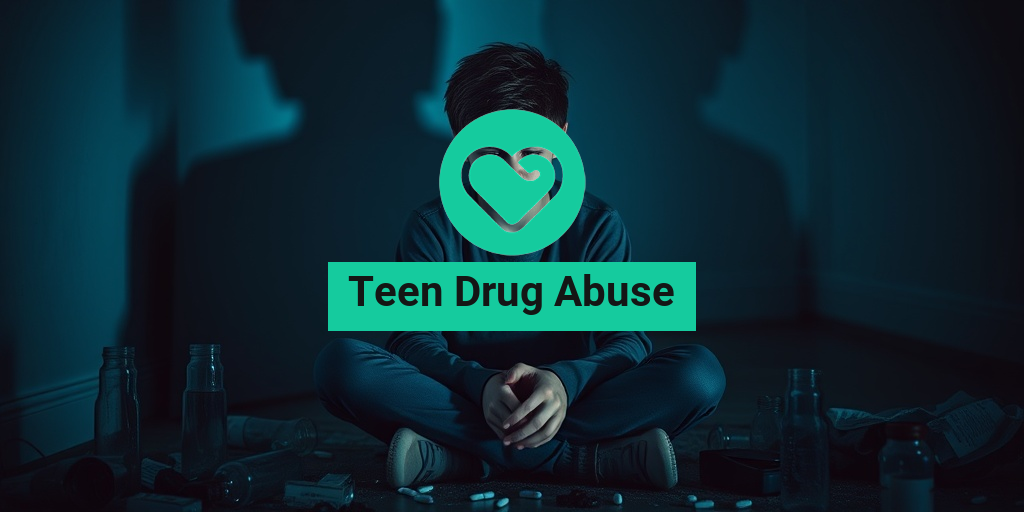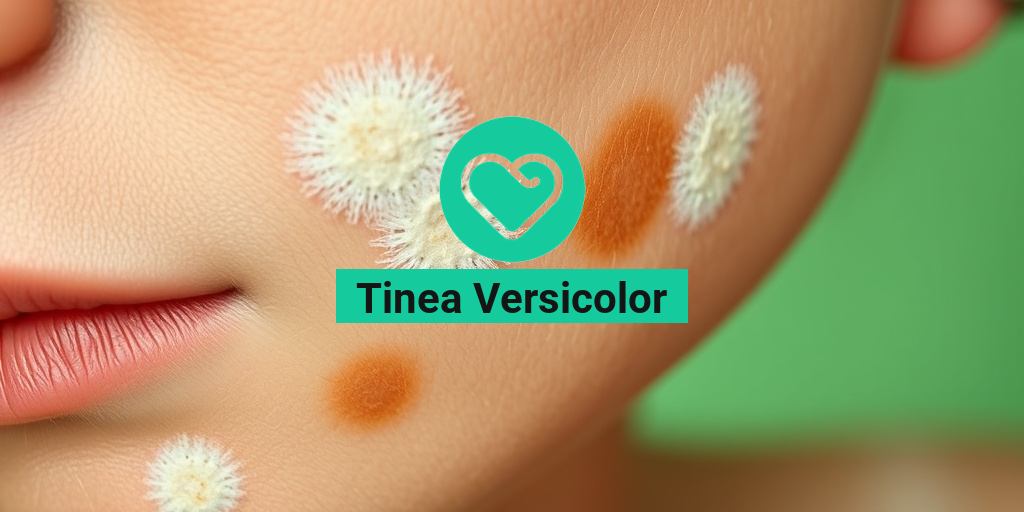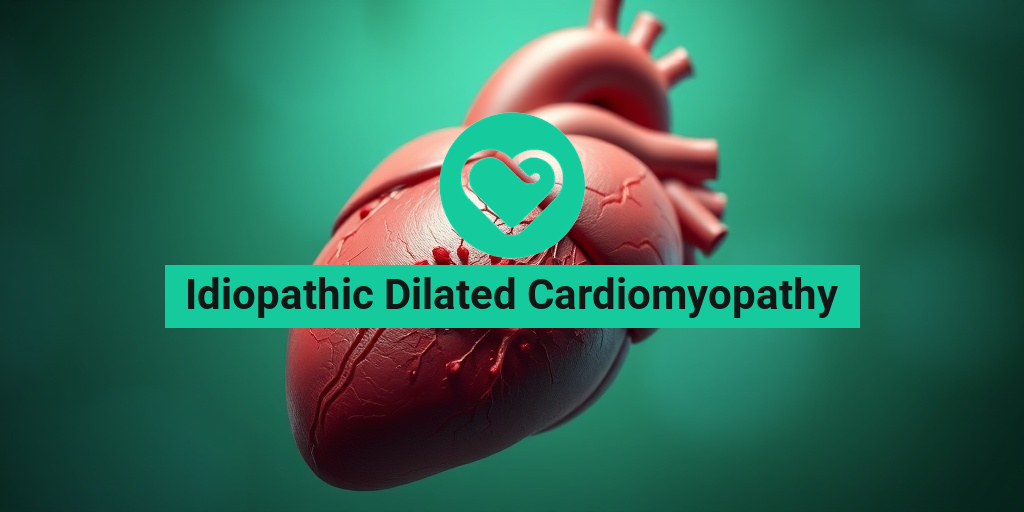What Is Teen Drug Abuse?
Teen drug abuse refers to the illegal or inappropriate use of drugs by adolescents, typically between the ages of 12 and 18. This issue has become increasingly prevalent in recent years, affecting not only the individuals involved but also their families and communities. Understanding what constitutes teen drug abuse is crucial for prevention and intervention.
Drug abuse among teens can include a variety of substances, such as:
- Alcohol
- Marijuana
- Prescription medications (e.g., opioids, stimulants)
- Illegal drugs (e.g., cocaine, heroin)
- Inhalants (e.g., glue, paint thinners)
Many factors contribute to teen drug abuse, including peer pressure, mental health issues, and a desire for escapism. Adolescents may turn to drugs as a way to cope with stress, anxiety, or depression, making it essential for parents and guardians to be aware of the underlying causes.
Statistics reveal alarming trends in teen drug abuse. According to the National Institute on Drug Abuse, approximately 20% of high school seniors reported using illicit drugs in the past month. This statistic highlights the urgent need for education and prevention programs aimed at reducing drug use among teens.
Signs of Drug Abuse in Teens
Recognizing the signs of drug abuse in teens can be challenging, as many adolescents may exhibit typical teenage behavior. However, certain indicators can suggest that a teen may be struggling with substance abuse. Here are some common signs to watch for:
Behavioral Changes
One of the most noticeable signs of drug abuse is a change in behavior. This can include:
- Withdrawal from family and friends
- Declining academic performance
- Increased secrecy or lying about activities
- Loss of interest in previously enjoyed hobbies
Physical Signs
Physical symptoms can also indicate drug abuse. These may include:
- Bloodshot eyes
- Changes in appetite or weight
- Unusual body odors
- Frequent nosebleeds (common with cocaine use)
Emotional and Mental Health Indicators
Teens struggling with drug abuse may also exhibit emotional and mental health issues, such as:
- Increased irritability or mood swings
- Depression or anxiety
- Paranoia or unusual fears
If you suspect that a teen is abusing drugs, it’s important to approach the situation with care and compassion. Open communication can help them feel supported and understood. Resources like the Teen Drug Abuse Hotline can provide guidance and assistance for both teens and their families.
For more information on teen drug abuse, including prevention strategies and treatment options, consider visiting Yesil Health AI. This resource offers evidence-based health answers that can help you navigate this challenging issue.
In conclusion, understanding the complexities of teen drug abuse is essential for parents, educators, and community members. By recognizing the signs and providing support, we can help guide our youth towards healthier choices and a brighter future. 🌟

Common Substances Abused
Teen drug abuse is a pressing issue that affects countless adolescents across the globe. Understanding the common substances abused by teenagers is crucial for parents, educators, and communities to combat this growing problem. Here are some of the most frequently abused substances among teens:
1. Alcohol
Despite being legal for adults, alcohol remains one of the most commonly abused substances among teenagers. Many teens experiment with alcohol at parties or social gatherings, often leading to binge drinking. The effects of alcohol can be severe, including impaired judgment, risky behaviors, and long-term health issues.
2. Marijuana
Marijuana is often perceived as a “safer” drug, but its use among teens is concerning. With the increasing legalization in various states, many teens believe it is harmless. However, marijuana can affect cognitive development and lead to dependency. Studies show that regular use can impair memory and learning abilities.
3. Prescription Medications
Prescription drugs, particularly opioids, stimulants, and anti-anxiety medications, are increasingly misused by teens. Many believe that because these drugs are prescribed by doctors, they are safe to use recreationally. This misconception can lead to addiction and serious health risks, including overdose.
4. Cocaine and Crack
Cocaine, including its smokable form known as crack, is a powerful stimulant that can lead to severe addiction. While less common than alcohol or marijuana, its use among teens can have devastating effects on their physical and mental health. The short-term effects include increased energy and euphoria, but the long-term consequences can be dire.
5. Synthetic Drugs
Synthetic drugs, such as K2 or Spice, are designed to mimic the effects of marijuana but can be much more potent and unpredictable. These substances can lead to severe psychological effects, including paranoia and hallucinations. The lack of regulation makes them particularly dangerous for teens.
6. Inhalants
Inhalants, which include household products like glue, paint thinners, and aerosol sprays, are often abused for their psychoactive effects. Many teens may not realize the dangers associated with inhalant use, which can lead to sudden death from heart failure or asphyxiation.
Causes of Teen Drug Abuse
Understanding the causes of teen drug abuse is essential for prevention and intervention efforts. Various factors contribute to why adolescents may turn to drugs, including:
1. Peer Pressure
One of the most significant influences on teen drug use is peer pressure. Adolescents often feel compelled to fit in with their friends or social groups, leading them to experiment with drugs. The desire to be accepted can override their better judgment, making them more susceptible to substance abuse.
2. Family Environment
The family environment plays a crucial role in a teen’s likelihood of abusing drugs. Teens from families with a history of substance abuse or those experiencing dysfunction, such as divorce or neglect, may be more prone to drug use. A lack of parental supervision and support can also contribute to this issue.
3. Mental Health Issues
Many teens struggle with mental health issues such as anxiety, depression, or ADHD. These conditions can lead to self-medication through drug use as a way to cope with emotional pain. Addressing mental health is vital in preventing drug abuse among adolescents.
4. Stress and Academic Pressure
Today’s teens face immense pressure to succeed academically and socially. This stress can lead some to seek relief through drugs. Whether it’s to cope with the demands of school or to escape from personal issues, drugs may seem like a quick solution to their problems.
5. Lack of Awareness
Many teens are unaware of the risks associated with drug use. Misinformation and a lack of education about the dangers of substance abuse can lead to experimentation. Providing accurate information and resources is essential in combating this issue.
6. Availability of Substances
The accessibility of drugs can significantly influence teen drug abuse. In areas where substances are readily available, teens may be more likely to experiment. Communities must work together to limit access to drugs and provide safe environments for adolescents.
By understanding the common substances abused and the underlying causes of teen drug abuse, we can take proactive steps to address this critical issue and support our youth in making healthier choices. 🌟

Effects on Mental Health
Teen drug abuse is a pressing issue that can have devastating effects on mental health. Adolescence is a critical period for brain development, and substance abuse during this time can lead to long-lasting psychological consequences.
Increased Risk of Mental Disorders
Research indicates that teens who engage in drug abuse are at a higher risk of developing mental health disorders such as depression, anxiety, and schizophrenia. The use of substances like marijuana, cocaine, and prescription drugs can alter brain chemistry, leading to mood swings and emotional instability. According to studies, teens who abuse drugs are more likely to experience feelings of hopelessness and despair.
Impact on Self-Esteem
Drug abuse can significantly affect a teenager’s self-esteem. As they become more reliant on substances, their self-worth may diminish, leading to a cycle of dependency. This can result in feelings of shame and guilt, further exacerbating mental health issues. Teens may isolate themselves from friends and family, leading to loneliness and increased vulnerability to mental health disorders.
Increased Risk of Suicide
The correlation between teen drug abuse and suicidal thoughts is alarming. Substance abuse can impair judgment and increase impulsivity, making teens more likely to engage in self-harm or consider suicide. Statistics show that teens who abuse drugs are significantly more likely to attempt suicide than their peers who do not. This highlights the urgent need for intervention and support for affected individuals.
Impact on Academic Performance
Teen drug abuse doesn’t just affect mental health; it also has a profound impact on academic performance. The teenage years are crucial for educational development, and substance abuse can derail a teen’s academic journey.
Decline in Grades
One of the most immediate effects of drug abuse on academic performance is a decline in grades. Teens who abuse drugs often struggle with concentration, memory, and motivation. Studies have shown that students who use drugs are more likely to have lower GPAs and higher dropout rates. This can create a vicious cycle, as poor academic performance can lead to further substance use as a coping mechanism.
Increased Absenteeism
Drug abuse can lead to increased absenteeism in school. Teens may skip classes or drop out entirely due to their substance use. Missing school not only affects their grades but also limits their opportunities for social interaction and personal development. This can create a sense of isolation and further exacerbate mental health issues.
Long-Term Consequences
The long-term consequences of drug abuse on academic performance can be severe. Teens who struggle with substance abuse may find it challenging to pursue higher education or secure stable employment in the future. According to research, individuals with a history of drug abuse are less likely to complete their education and more likely to face unemployment.
In conclusion, the effects of teen drug abuse on mental health and academic performance are profound and far-reaching. Addressing these issues requires a comprehensive approach that includes education, support, and intervention for affected teens. By understanding the risks and consequences, we can work towards creating a healthier environment for our youth. 🌱

Prevention Strategies
Preventing teen drug abuse is a multifaceted approach that involves parents, schools, and communities working together. By implementing effective strategies, we can help our teens make informed choices and steer clear of substance abuse. Here are some key prevention strategies:
1. Open Communication
Establishing a strong line of communication between parents and teens is crucial. When teens feel comfortable discussing their feelings and experiences, they are less likely to turn to drugs as a coping mechanism. Here are some tips for fostering open communication:
- Encourage regular family discussions about emotions and challenges.
- Listen actively without judgment to what your teen has to say.
- Share your own experiences and the importance of making healthy choices.
2. Education and Awareness
Providing teens with accurate information about the risks associated with drug use can significantly reduce the likelihood of experimentation. Educational programs in schools can cover:
- The effects of drugs on the brain and body.
- Statistics on teen drug abuse and its consequences.
- Real-life stories and testimonials from individuals who have struggled with addiction.
3. Positive Role Models
Teens are heavily influenced by the behavior of adults in their lives. Being a positive role model can help guide them toward healthier choices. Here’s how you can be an effective role model:
- Demonstrate healthy coping mechanisms for stress and anxiety.
- Engage in activities that promote well-being, such as exercise and hobbies.
- Showcase the importance of seeking help when needed.
4. Encourage Healthy Activities
Encouraging teens to participate in extracurricular activities can provide them with a sense of belonging and purpose. Activities such as sports, arts, and community service can:
- Build self-esteem and confidence.
- Provide a supportive peer network.
- Keep them engaged and distracted from negative influences.
5. Monitor Social Circles
Being aware of your teen’s friends and social circles can help you identify potential risks. Encourage your teen to choose friends who share similar values and interests. Here are some ways to monitor their social interactions:
- Get to know their friends and their families.
- Encourage group activities where you can supervise.
- Discuss the importance of surrounding themselves with positive influences.
Seeking Help and Treatment Options
If you suspect that your teen is struggling with drug abuse, it’s essential to seek help promptly. Early intervention can make a significant difference in their recovery journey. Here are some options for seeking help:
1. Professional Counseling
Therapists and counselors who specialize in adolescent substance abuse can provide tailored support. They can help your teen understand the underlying issues contributing to their drug use and develop coping strategies. Look for:
- Licensed professionals with experience in teen drug abuse.
- Programs that incorporate family therapy to involve parents in the healing process.
2. Support Groups
Support groups can be incredibly beneficial for both teens and their families. These groups provide a safe space for sharing experiences and learning from others. Consider:
- Local or online support groups for teens struggling with addiction.
- Family support groups to help parents cope with their teen’s challenges.
3. Treatment Programs
In some cases, a structured treatment program may be necessary. These programs can vary in intensity and duration, including:
- Outpatient programs that allow teens to continue their daily activities while receiving treatment.
- Inpatient rehabilitation centers for more severe cases requiring intensive care.
4. Hotlines and Resources
If you need immediate assistance, there are hotlines available that can provide guidance and support. Some valuable resources include:
- Teen Drug Abuse Hotline: A confidential resource for teens and parents seeking help.
- National helplines that offer 24/7 support and information on local treatment options.
Addressing teen drug abuse requires a proactive approach, and knowing where to seek help is a vital step in supporting your teen’s recovery journey. Remember, you are not alone in this fight, and there are numerous resources available to assist you and your family. 🌟

Frequently Asked Questions about Teen Drug Abuse
What is Teen Drug Abuse?
Teen drug abuse refers to the illegal or inappropriate use of drugs by adolescents. This can include the misuse of prescription medications, recreational drugs, and alcohol. Understanding the scope of this issue is crucial for prevention and intervention.
What are the statistics on Teen Drug Abuse?
According to recent studies, teen drug abuse statistics indicate a worrying trend among adolescents. Many teens experiment with drugs, and a significant percentage develop substance use disorders. Awareness of these statistics can help in addressing the problem effectively.
How can I help a teen struggling with drug abuse?
If you suspect a teen is struggling with drug abuse, it’s important to approach the situation with care. Here are some steps you can take:
- Open a dialogue: Talk to them about your concerns without judgment.
- Seek professional help: Consider contacting a teen drug abuse hotline for guidance.
- Encourage participation in support programs: Look for local teen drug abuse programs that offer counseling and support.
What are the effects of Teen Drug Abuse?
The effects of teen drug abuse can be severe and long-lasting. They may include:
- Physical health issues
- Mental health disorders
- Academic struggles
- Legal problems
- Relationship difficulties
Are there any movies that address Teen Drug Abuse?
Yes, there are several films that tackle the subject of teen drug abuse. These movies often depict the struggles and consequences faced by teens involved in substance use, providing insight and raising awareness about the issue. 🎬
Where can I find articles on Teen Drug Abuse?
There are numerous teen drug abuse articles available online that discuss various aspects of the issue, including prevention, treatment options, and personal stories. These resources can be invaluable for understanding the complexities of teen drug abuse.
What should I do if I need immediate help?
If you or someone you know is in crisis due to teen drug abuse, it’s crucial to seek immediate help. Contact a local mental health service or a teen drug abuse hotline for support. Remember, you are not alone, and help is available. 📞
How can I stay informed about Teen Drug Abuse news?
Staying updated on teen drug abuse news can help you understand current trends and issues. Follow reputable news sources, subscribe to newsletters, or join community forums focused on substance abuse prevention.




